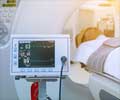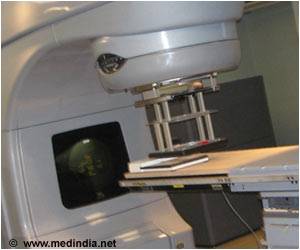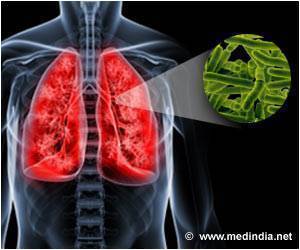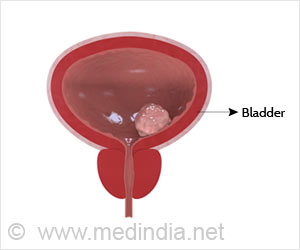New PET scan-based imaging is a non-invasive approach that predict response to treatments targeting PD-L1 positive tumors.
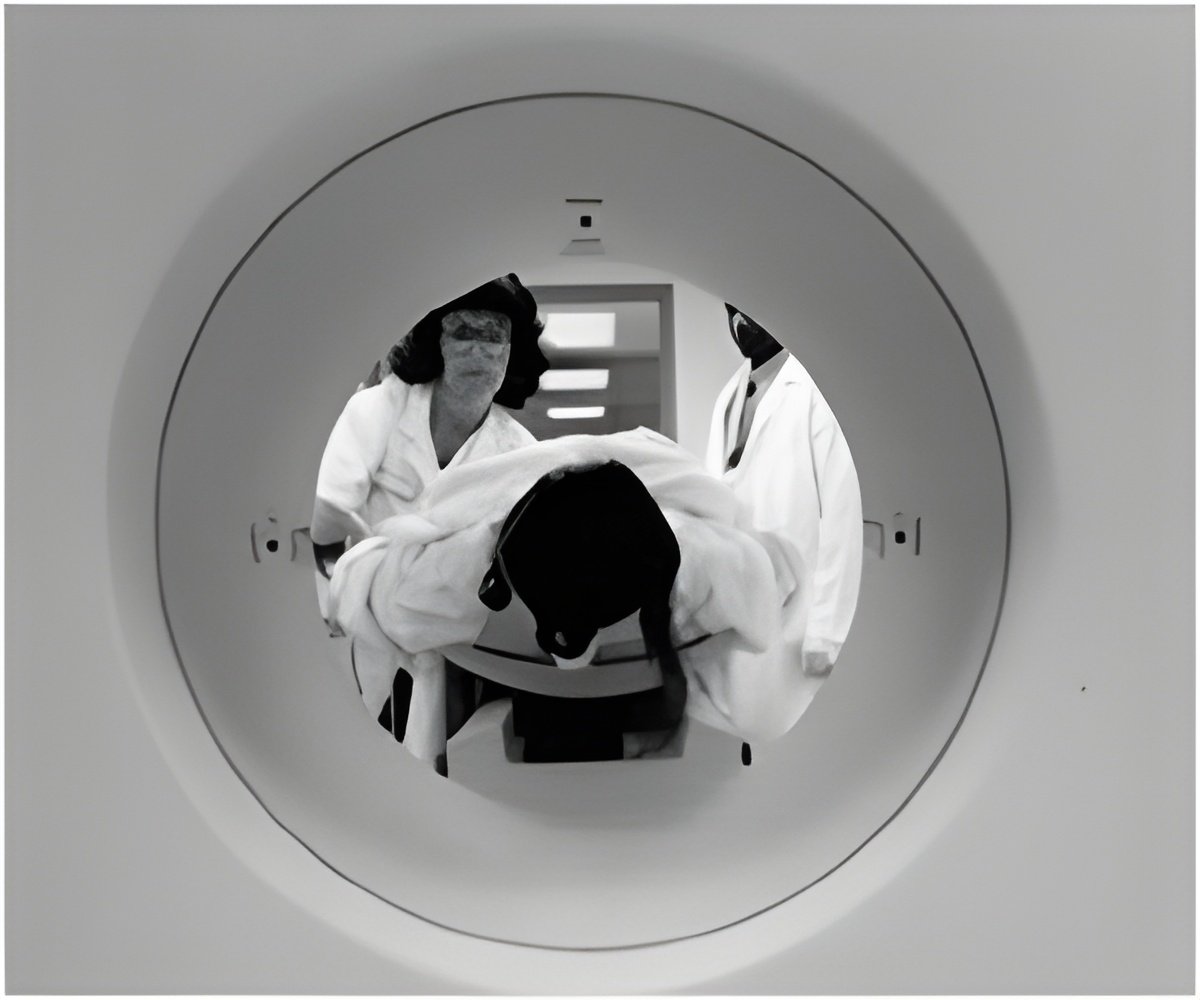
‘New PET based imaging approach allows physicians to noninvasively assess all of a patient's tumors for PD-L1 expression with a single PET scan.’





In this study, the PD-L1 ligand, which enables cancer to evade a person's immune system, has been successfully targeted for the first time with a fluorine-18 (18F)-labeled PD-L1 radioligand. Until now, efforts to predict response to treatments targeting PD-1 or PD-L1 have typically been limited to evaluation of a single patient biopsy sample. "This approach represents an opportunity for physicians to noninvasively assess all of a patient's tumors for PD-L1 expression with a single PET scan and timely readout," explains David J. Donnelly, PhD, at Bristol-Myers Squibb Research and Development in Princeton, New Jersey. "This may help guide treatment decisions and assess treatment response, to help identify the right treatment for the right patient at the right time and right dose."
For the study, an anti-PD-L1 adnectin (an engineered, target-binding protein) was labeled with 18F to generate 18F-BMS-986192, which was then evaluated in mice bearing bilateral PD-L1(-) and PD-L1(+) subcutaneous tumors. 18F-BMS-986192 was also evaluated for distribution, binding and radiation dosimetry in healthy cynomolgus monkey. The results of the study demonstrate the feasibility of the approach, and the radiation dosimetry estimates indicate that the tracer is safe to administer in human studies. Clinical studies are now underway to measure PD-L1 expression in human tumors.
Source-Eurekalert

